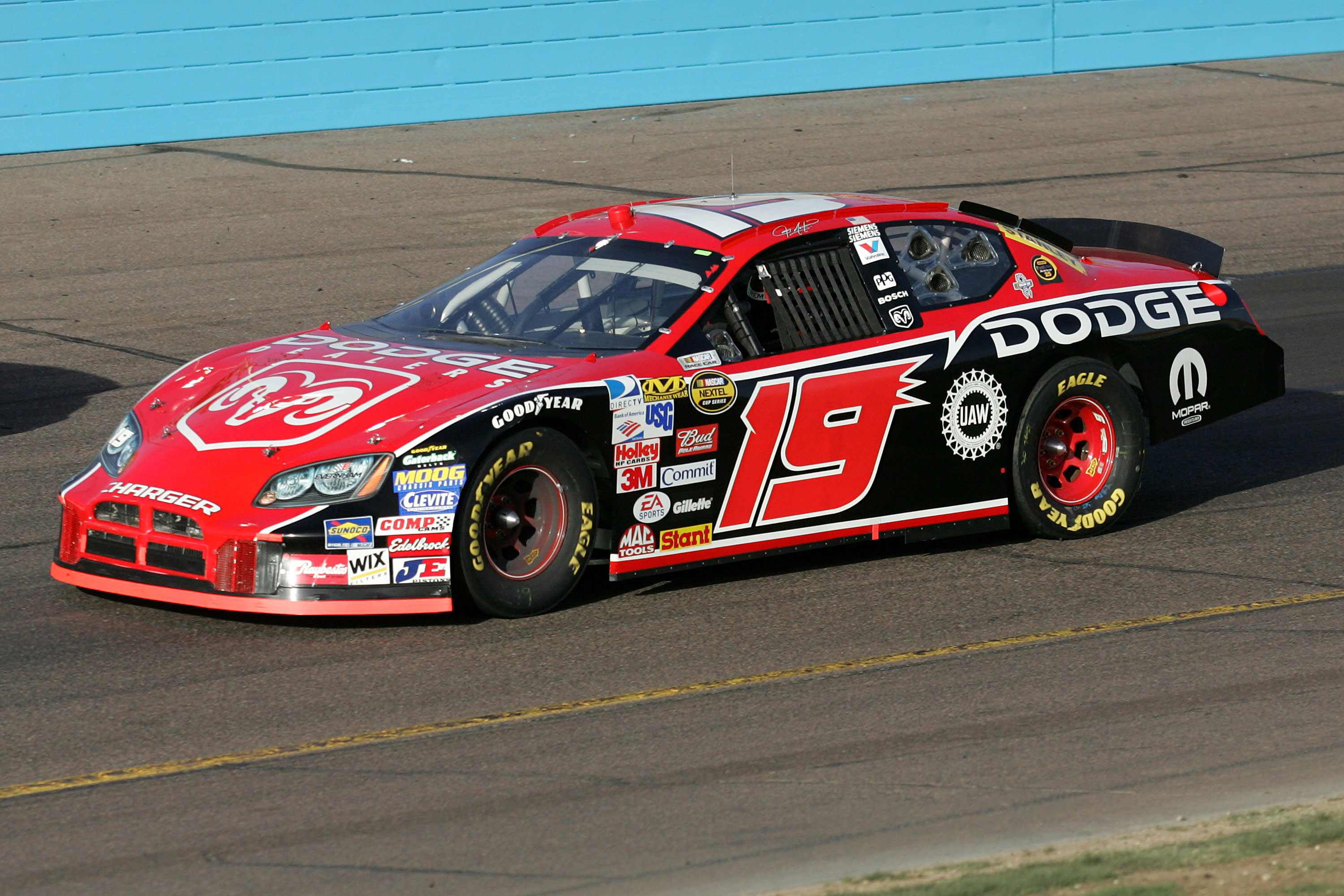Jeremy Mayfield’s name has become synonymous with controversy in the NASCAR community. With a 17-year career that boasted five victories and 36 top-5 finishes, Mayfield seemed destined for success until May 9, 2009, when NASCAR indefinitely suspended him for violating their substance abuse policy.
This suspension not only altered the course of his racing career but also cast a long-lasting shadow over his personal life. In a recent interview, Mayfield expressed his frustrations with NASCAR, stating that they are “capable of anything.”
Mayfield has consistently maintained that he did not use illegal substances, insisting that his positive test was due to a mix of doctor-prescribed Adderall and over-the-counter Claritin-D for allergies. The random drug test at Richmond International Raceway was part of a sweeping change in NASCAR’s testing protocols that year.
2009 proved to be a particularly challenging year for Mayfield, complicated further by a legal fight against NASCAR’s decision.

Gene Lower/Getty Images
“Shana and I were blindsided,” he told Yardbarker. “Each day felt like a new obstacle. The uphill battle was relentless.”
Mayfield sought legal recourse, arguing that his medications caused a false positive, and at one point, a US District Court even allowed him to race again temporarily. However, a retest later confirmed the initial findings of methamphetamine, which he disputed with a negative test from a hospital. Regrettably, the courts later sided against Mayfield, effectively ending his career in NASCAR.
“We were relieved when it was all over, but it was a hard road to navigate,” he reflected. “It was incredibly tough, possibly the hardest challenge I’ve faced.”
A significant aspect of Mayfield’s critique revolves around communication—or lack thereof—with NASCAR executives. He expressed frustration over never having direct discussions with top brass like Brian and Jim France, suggesting that early dialogue could have resolved matters amicably.
“If we could’ve talked from the onset, I believe we could have reached an understanding,” Mayfield stated. “But they opted not to engage, and I’m still waiting for that conversation.”
He drew parallels between his situation and that of Tim Richmond, a driver plagued by drug allegations in the ’80s, suggesting a troubling history of unfair practices within NASCAR.
“They rigged his test and admitted it; they pressured the testing company to return a positive result. NASCAR is prepared to do anything,” Mayfield accused.
These sentiments reflect a growing dissatisfaction with NASCAR’s policies, echoed in a lawsuit from 23XI Racing and Front Row Motorsports, alleging monopolistic behavior.
Despite the fallout from his NASCAR career, Mayfield remains active in short-track racing. “I have no regrets,” he concluded, reaffirming his stance as someone who has faced significant adversity head-on.
